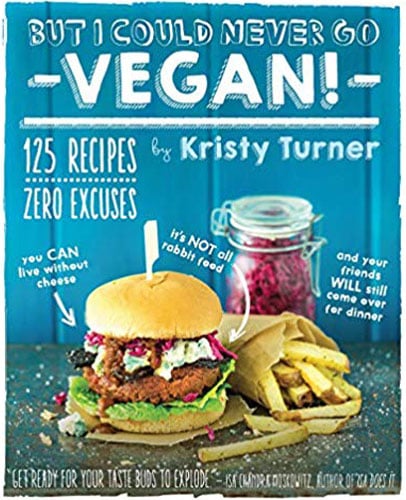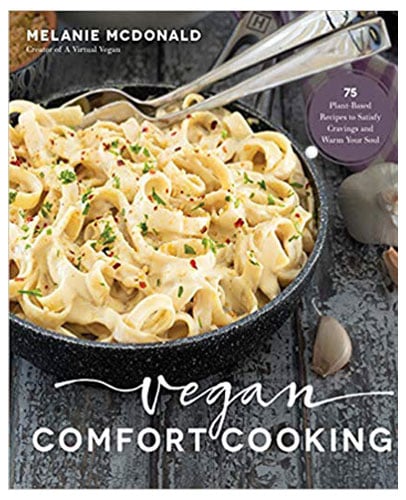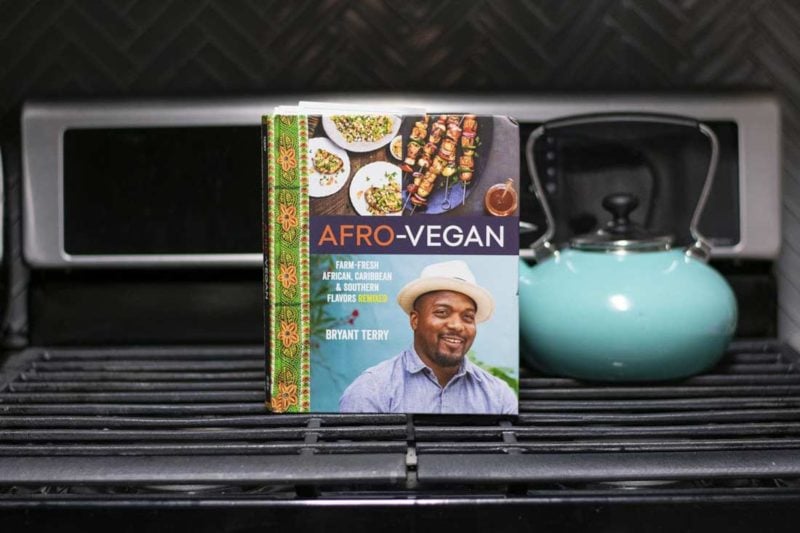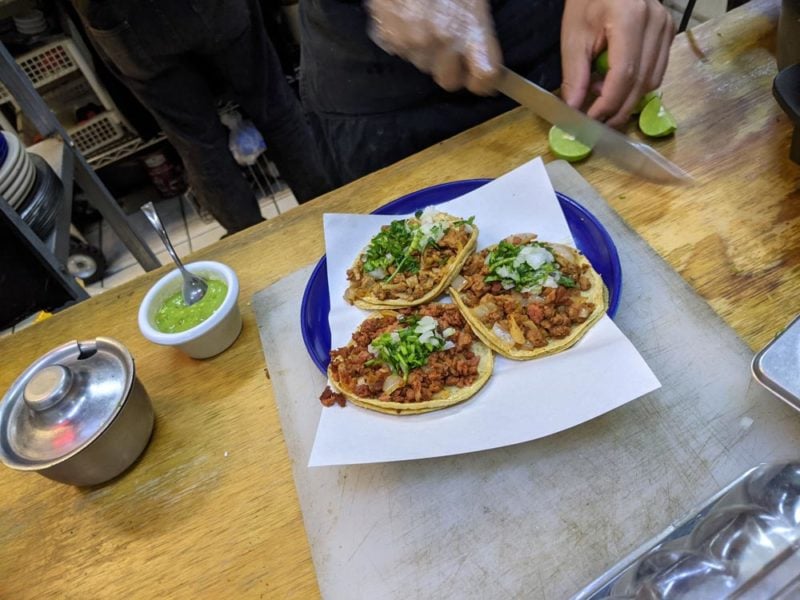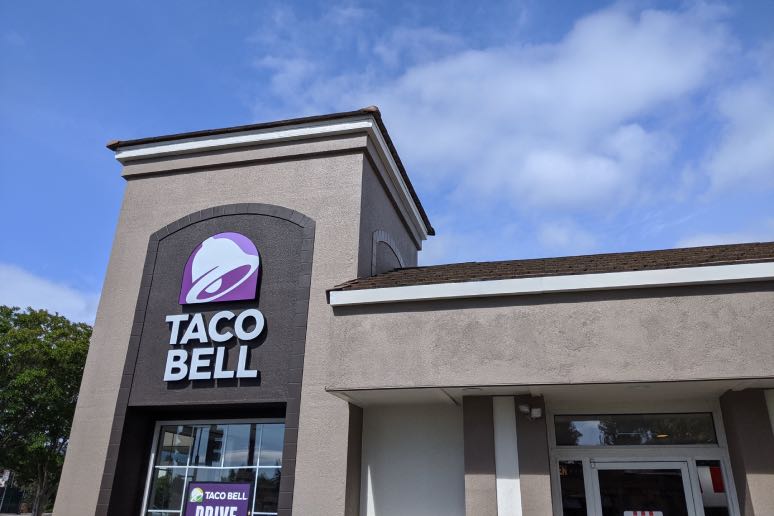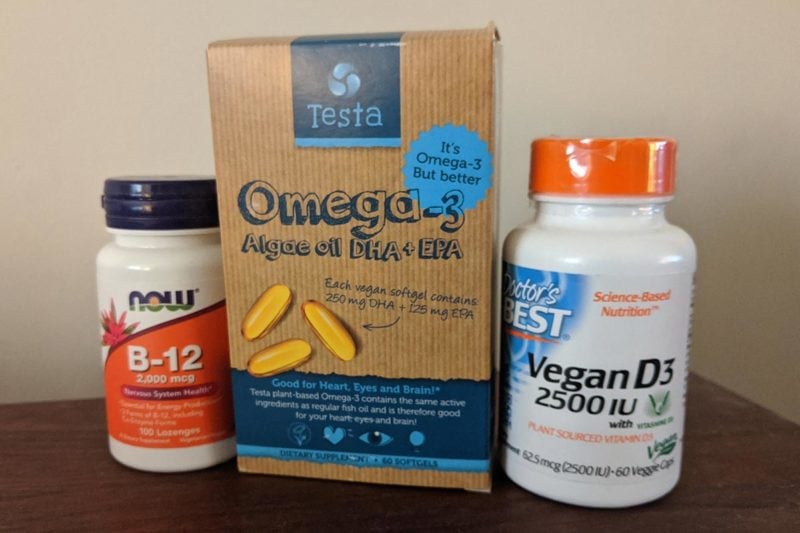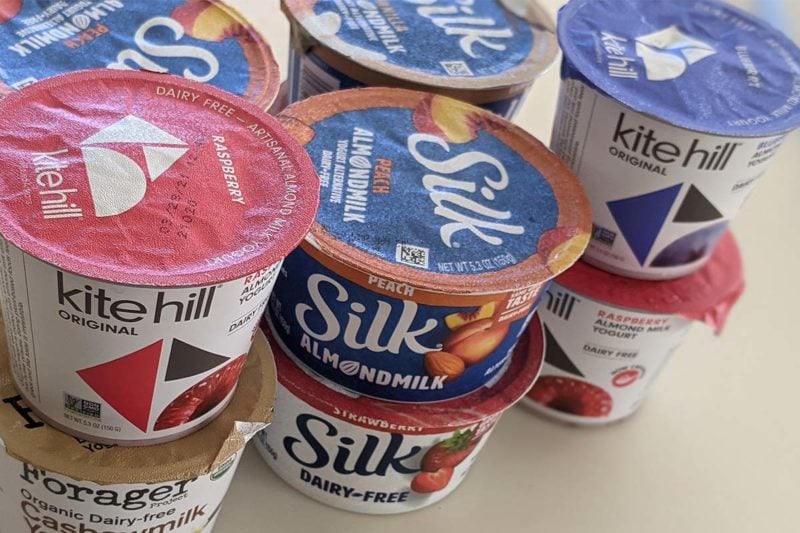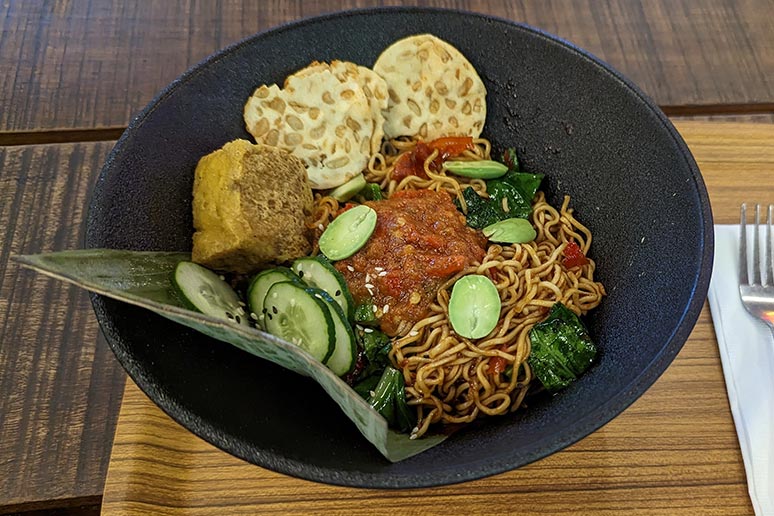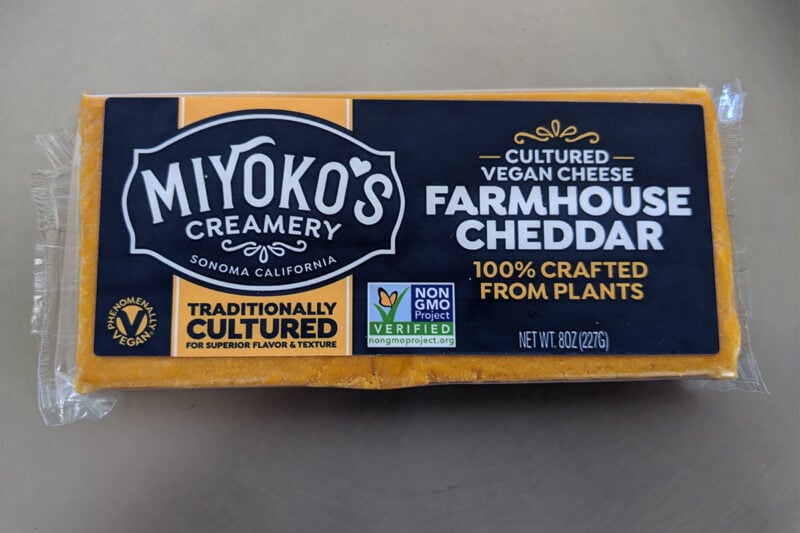Here we go again. I can’t begin to tell you how much I detest having to drag myself out of bed to write stuff like this.1
A trollish and poorly thought out article by Ward Clark argues that:
Ethical vegans, as a class, fail utterly to put any of their professed ethics into action. They claim to not cause harm to animals, but they do; when confronted, they claim to cause less harm to animals than the non-vegan, but they are utterly unable to show that to be true, and are willing to take no real effort to even quantify their impact. They are intimately involved, every day, in an activity that causes the deaths of millions of animals, and they do nothing about it.
Everything Clark says rests totally on one anecdote involving the massive killing of frogs that occurs at one particular rice farm. This anecdote should indeed be disturbing to vegans, but it should also be troubling to omnivores—after all, it’s not just vegans who care about needless suffering and killing. And it’s certainly not just vegans who eat rice.
But in his zeal to condemn vegans for falling short of moral perfection, Clark forgoes the opportunity to open up a worthwhile of area of conversation on the subject of compassionate eating. I’m sure Clark’s correct that there are certain crops that involve extreme amounts of animal killing during planting or harvest. Undoubtedly, these crops tend to be harvested mechanically, and are grown in soil or wetlands that are teeming with small vertebrates.
This is an important topic and there’s no reason for Clark to turn it into an issue that solely concerns vegans. Maybe it’s indeed the case that a vegan who eats a huge amount of rice is responsible for more vertebrate deaths than an omnivore who eats a lot of chicken. But if that’s indeed true, the solution isn’t to condemn the vegan as imperfect. The rational response is to make this sort of information widely available, so that everyone so inclined can make the most compassionate possible food choices.
For all his vitriol, Clark makes no effort to explore this topic. Instead, he throws the entire burden of carrying out this research onto the vegan community, declaring that:
In the real world, the ethical vegan has no idea — none at all — whether their diet causes more animals to die, the same number, or fewer, than a diet which includes meat.
See what Clark’s doing here? He’s making an unsubstantiated claim that vegans are likely responsible for as much killing as omnivores, and he’s throwing the burden of disproving this assertion onto the vegan community. People worth taking seriously assume the burden of proof for the arguments they put forward.
Here’s what Clark apparently doesn’t understand: the whole reason to be vegan on compassionate grounds is to prevent as much suffering as you can—not to tally up a moral superiority scorecard against omnivores. If a vegan is concerned about the possible animal origin of the fourteenth ingredient in her bagel, you can be damned sure that she’d be vastly more concerned if it emerged that certain plant-based food choices entail dramatically more animal suffering than others.
Nor does Clark consider—let’s assume here that vegans are one percent of the population—that in a hypothetical rice harvest that kills a million frogs, 99 percent of that rice will be eaten by omnivores. So to the extent that this is a moral issue, it’s one whose responsibility falls equally onto the shoulders of vegans and omnivores alike.
While Clark makes no effort to engage in a constructive debate, his article does raise an issue that deserves greater attention from conscientious eaters. I strongly suspect there are a handful of vegan foods—this list is probably led by rice and sugar—that entail vastly more vertebrate killing than other foods. I’d love to see this information thoroughly researched and widely disseminated, along with a list of comparable foods that entail far less killing. For instance, I wouldn’t be at all surprised if it emerged that a given quantity of millet could be produced with one-tenth the killing of the same quantity of rice. Nor would it surprise me if it turned out that many of today’s vertebrate deaths could be prevented given the introduction of improved planting and harvesting methods. In both cases, people concerned with compassionate eating—vegans and omnivores alike—can be counted on to vote with their food dollar, once presented with reliable information.
Compassionate eating is a topic that’s attracting ever-greater interest. Unfortunately, it’s also giving rise to people like Clark who obviously don’t give a crap about the topic, and whose only interest is to polarize the issue into a counterproductive vegan vs. omnivore dichotomy.
There’s more I would get into if Clark had written something that even aspired to rigor.2 For instance, he doesn’t even bother to address the vertebrate deaths involved in growing the mountains of corn and soy fed to farmed animals. That’s something anyone interested in seriously engaging this issue would be obliged to do. But it’s irrelevant to someone whose only intention is to write the vegan bashing article of the month. (Thanks, Justin.) Link.
****
(1) One of the great annoyances of doing vegan advocacy work is that it surely takes vastly more effort to debunk turd articles like this than it takes for people like Clark to write them.
(2) And anyway, this sort of argument has been made and debunked before: see Gaverick Matheny’s Least harm: a defense of vegetarianism from Steven Davis’s omnivorous proposal.


